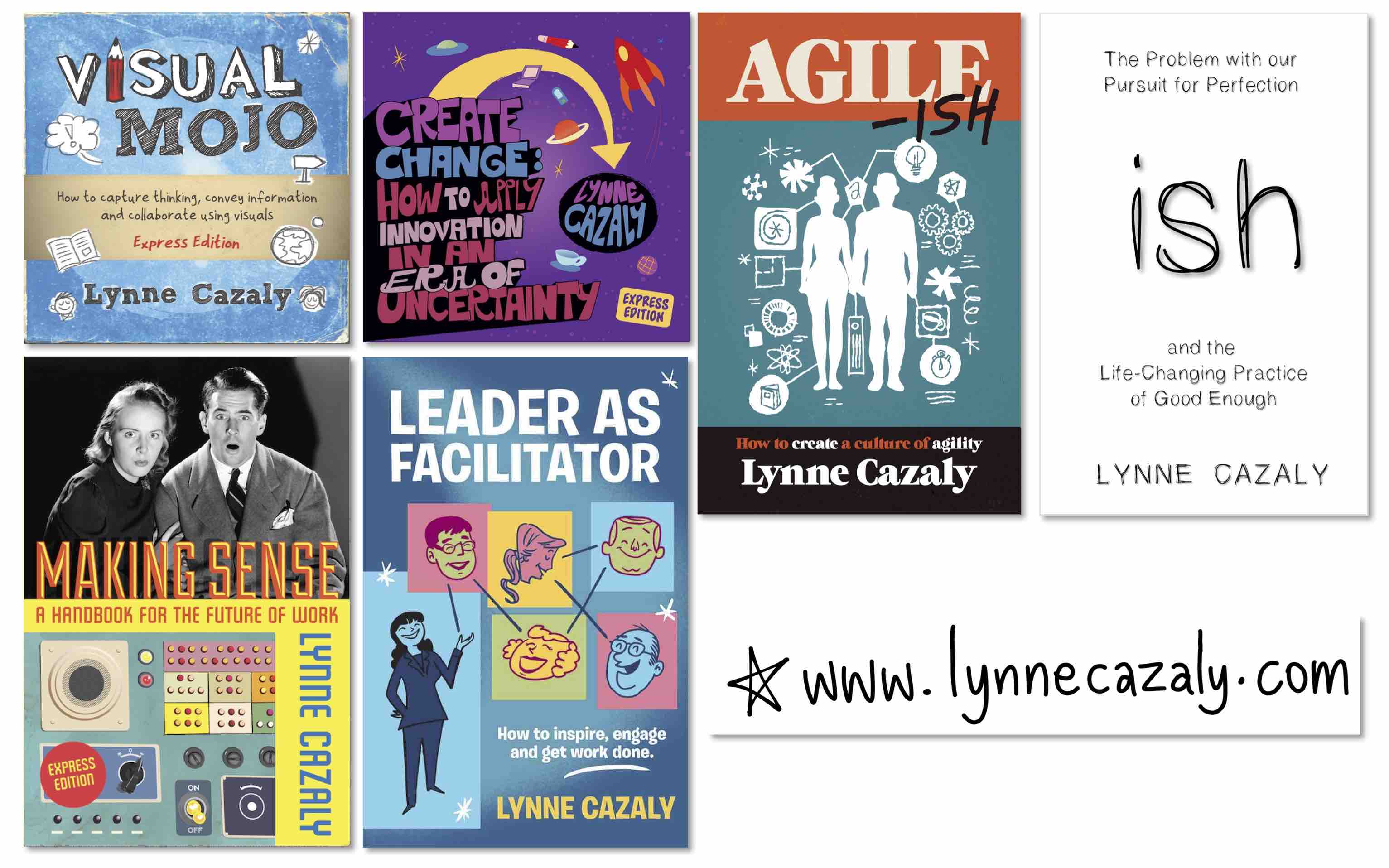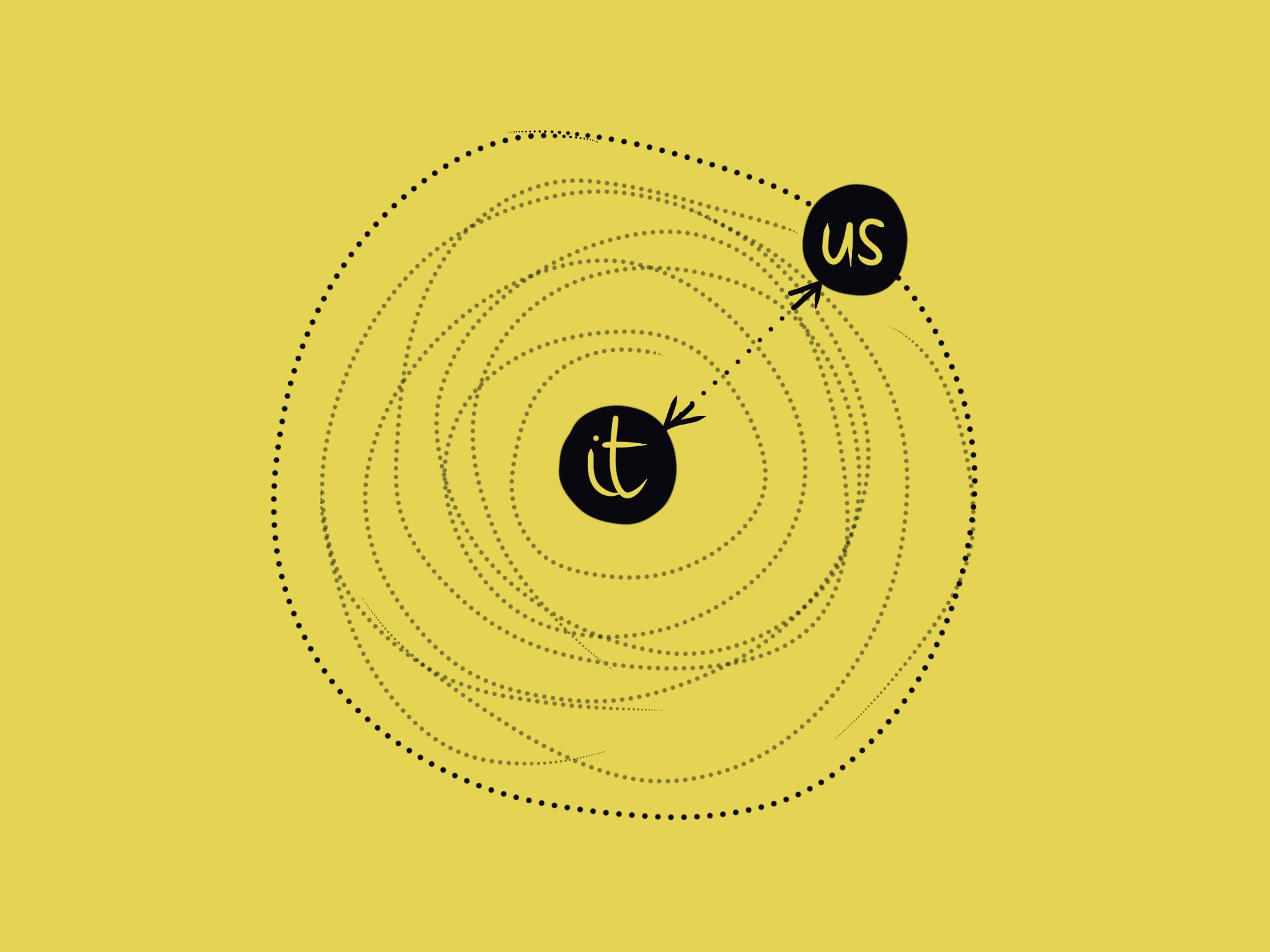Making sense of the strategy
 Friday, December 20, 2019 at 12:04PM
Friday, December 20, 2019 at 12:04PM  It is one thing to get the leadership team, board and executive together to plan and identify and prepare a strategy.
It is one thing to get the leadership team, board and executive together to plan and identify and prepare a strategy.
Then comes the work of trying to embed the strategy - or in other words... make people follow it.
Getting people to buy in to new directions, new ideas and changes in strategy requires sense making. We can’t just pump out some ‘comms and marketing’ in an effort to ‘sell’ the message, create the urgency and ‘cascade it’ down throughout the organisation. These too often vanilla flavored communications have motherhood statements, cliches and corny ‘Ra Ra’ slogans. (I know; I used to write them in my previous roles in leadership communications!)
But they're tired and dated in our world of clever internet memes that burst forth every day!
As you plan for next year and decide when and how your senior leaders are getting together to do the all-important strategic work, be sure to include in that planning how you’ll make sense of it for people.
Sensemaking Your Strategy is a thing. Don’t leave it to cliched comms and marketing.
Put a sensemaking filter over the strategy so it makes sense to the people you expect to bring it to life.





















